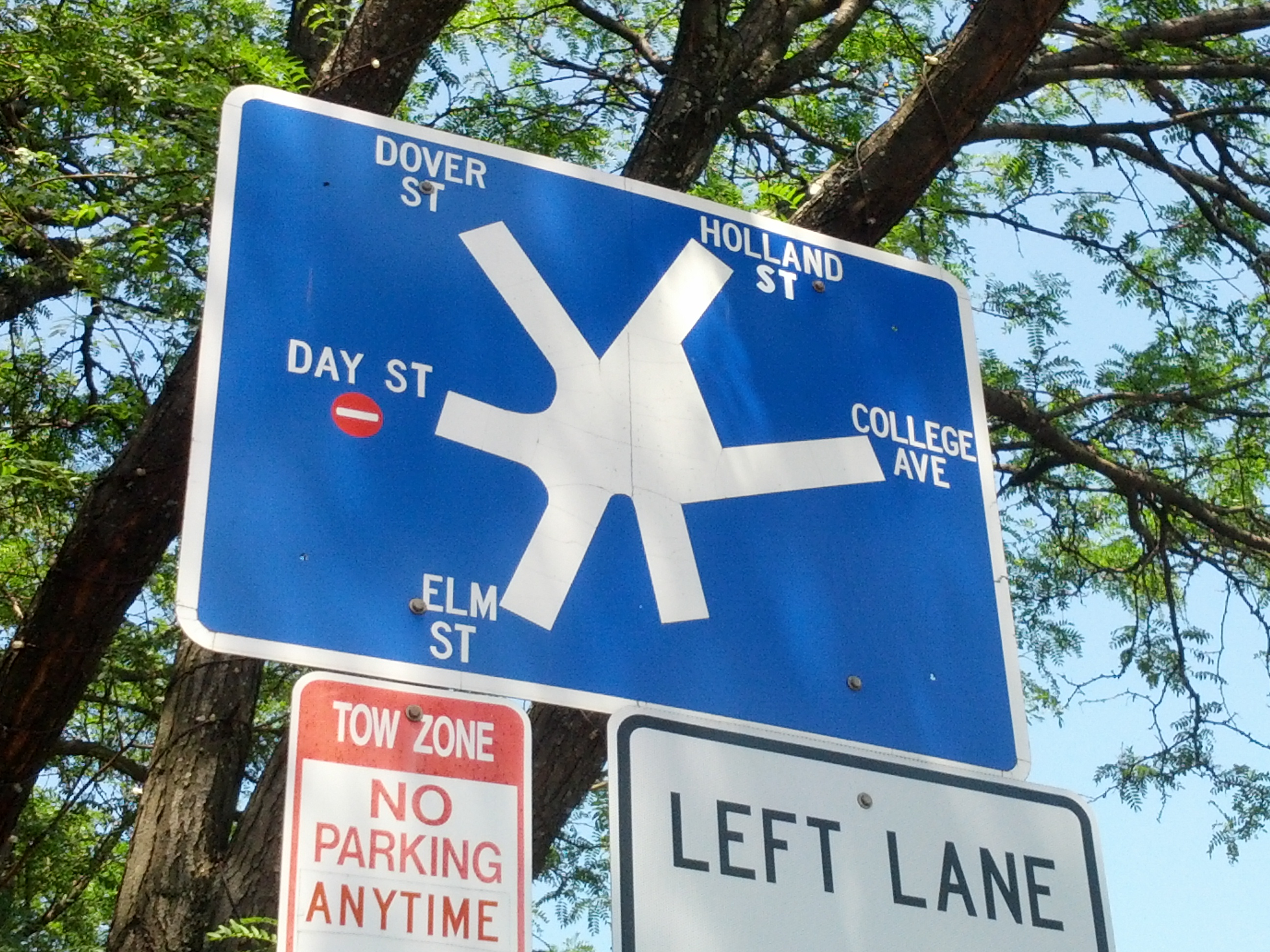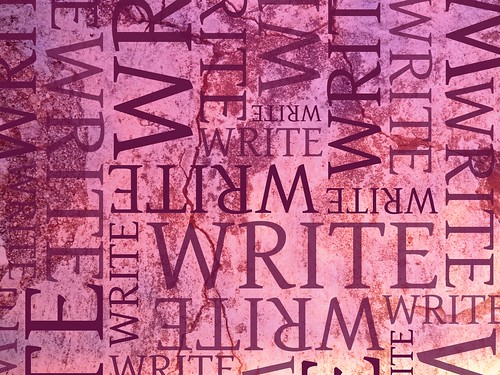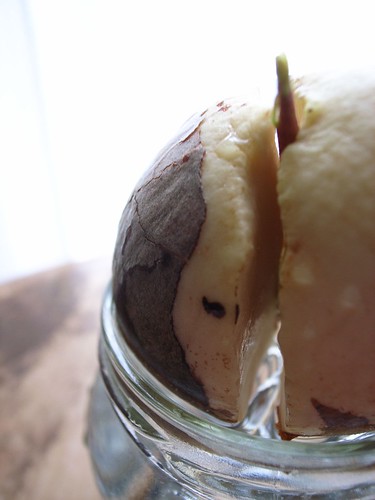This is a write from Monday night’s Write Whole workshop — the prompt was a Band-Aid!
Band-Aids are super sterile now — they just smell like air. They used to smell like something, I think, they used to smell like plastic and medicine, they used to smell like a wound and its healing, they used to smell like recovery or its possibility. And there was always a box of them in the hallway closet outside the bathroom, where the overflow toiletries and first aid stuff lived, and the box had a hundred different sizes of Band-Aids, the big elbow-sized ones and the ones with cut-outs for knuckle or thumb (those hour-glass shaped ones ere always the last ones left in a box), then the tiny, pinky-toe ones and the circle ones that really only ever got used when you go to the doctor and have to get a shot.
As a kid I was constantly covered with scratches and scars and scams, having stubbed this or fallen off my bike and scraped that or dug in rocky soil with my fingers and jabbed something else — but I don’t remember being especially band-aid-covered. Maybe when an opening in my skin wouldn’t stop bleeding after the application of paper towel or toilet paper and pressure — ok, there’d be a good time for a band-aid. But otherwise, I preferred to let air and skin and coagulants (although I didn’t know that word then) do their thing. Bandages got ragged and dirty on me real quick — I didn’t like having to keep something clean.
When my sister cut her foot during a trip to the Henry Doorly Zoo, when she slipped while we were walking on the raised concrete at the edge of the path and the sharp bottom of the metal cyclone fencing snagged into her ankle and she got rushed to the hospital (thereby, I think I’ve mentioned before, ruining our zoo trip, which was all I could focus on then), she had to get stitches and then wear a bag on her foot for forever, whenever she showered, until they healed — that just looked like torture to me. I wouldn’t have done very well with the stitches. They would have got pulled out of me torn and dirty, I think.
Continue reading →






